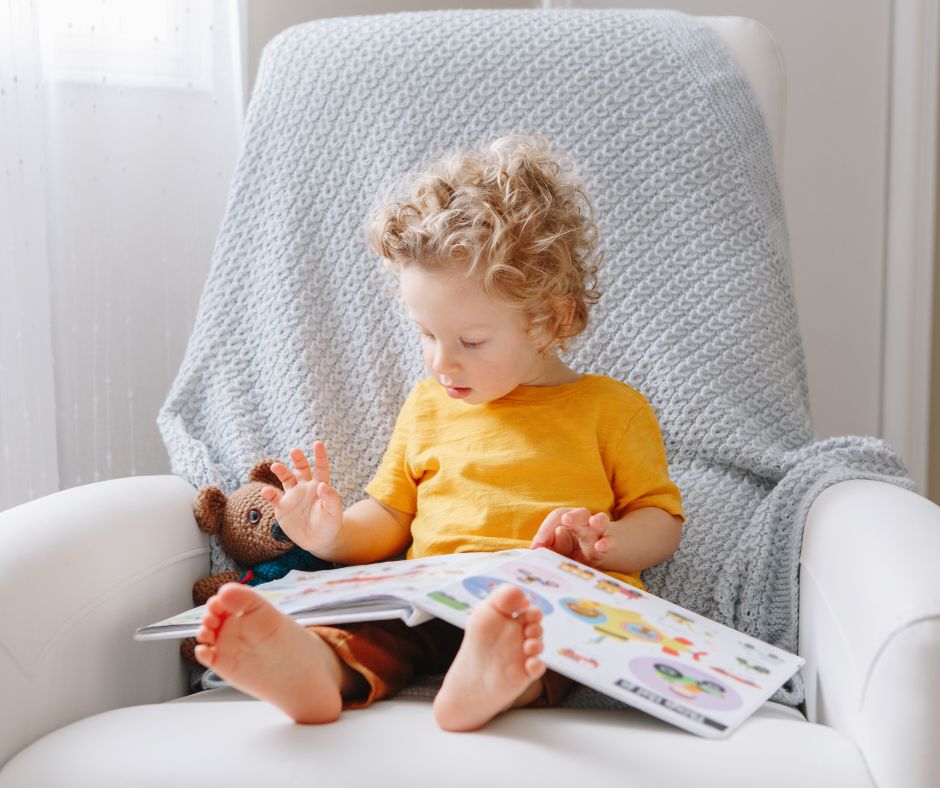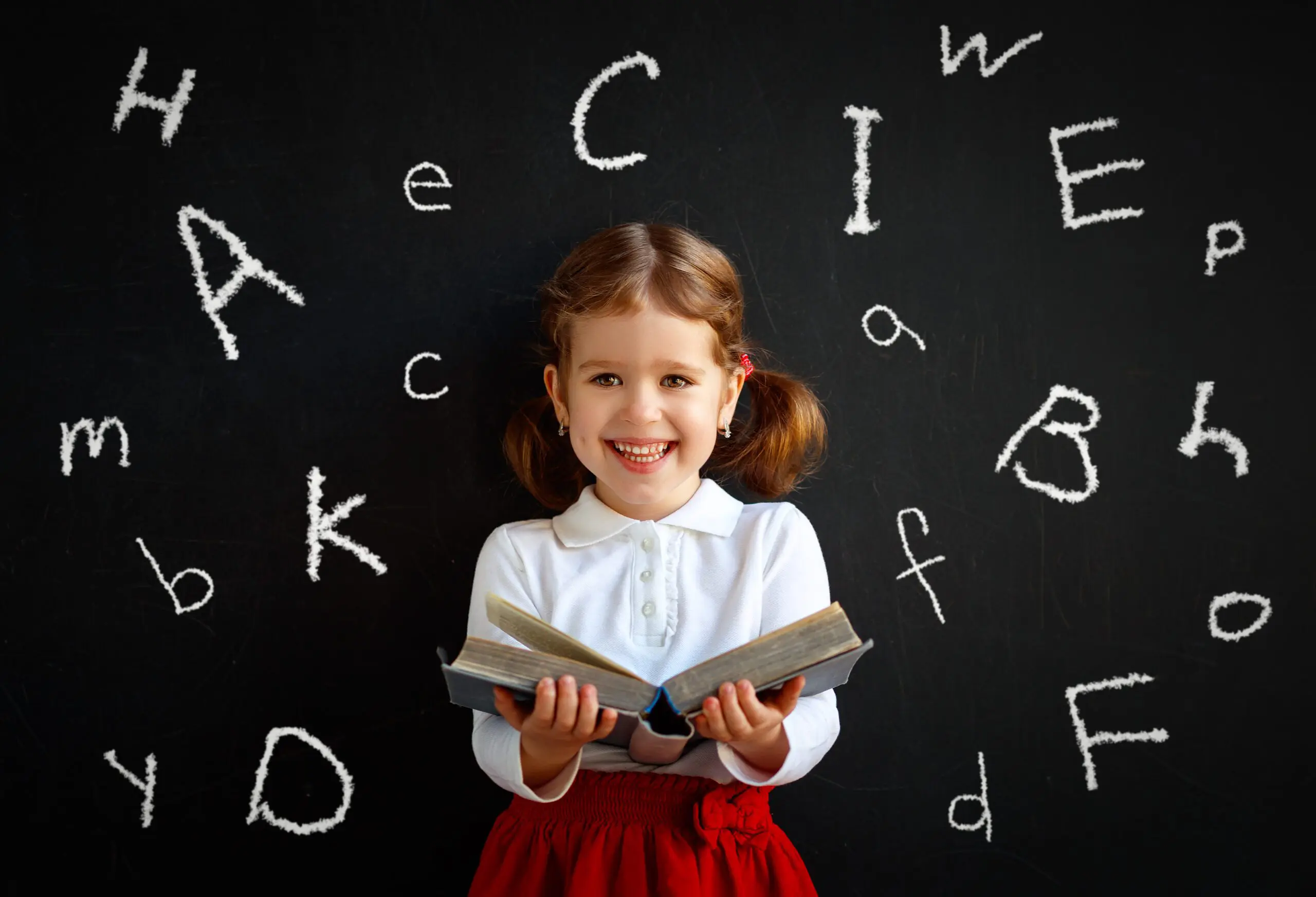Parents of toddlers worldwide surely all have a moment where, bewildered by reviews and testimonials and drowning in preschool registration forms, they wonder why pre-kindergarten education is important. Surely the process wouldn’t be so demanding if it wasn’t worth it, but what can you possibly teach ungainly two-year-olds and pushy threenagers?
Building Blocks of Success
Part of the confusion regarding pre-kindergarten might stem from the lack of a typical curriculum. A pre-kindergarten curriculum is built not around what scholastic pursuits a child might be learning, but instead based on the development the child is going through.
Because preschool is not federally mandated, state standards for learning vary. Things like Healthy Beginnings and

Pre kindergarten programs give them a head start.
Common Core are popular and, unlike in older school years, they don’t focus on content. Rather, preschool standards are broken up by age, and address cognitive, physical, linguistic, social, emotional, and other areas of development. Pre-kindergarten activities might broach appropriate concepts like numbers, days of the week, colors, and shapes, but the ultimate purpose behind lessons is to support and promote the child’s development.
This is hugely important when it comes to preparing your child for a future of achievement. Some experts believe that birth to three are the most important years of life due to how much children are learning and growing throughout this period; the brain grows to 90 percent of its adult size by age five. That makes the preschool years a critical period for teaching a number of life skills important for school readiness: things like emotional regulation, fine and gross motor, critical thinking, focusing, transitioning, empathy, communication, problem solving and resolving.
Nobel Laureate James Heckman, an economist and professor at the University of Chicago, conducted research on the efficacy and economic potential of government sponsored preschool and found that pre-kindergarten was perhaps most important for its immense boost to social and emotional development, equipping children with the tools to relate and interact with their peers. A good preschool program improves cognitive control, helping children capitalize on “teachable moments” where they can exercise fast-developing areas of their brain responsible for things like emotional responses and maintaining focus.
Further benefits of preschool include:
- higher overall academic achievement
- increased school success
- less grade repetition
- better high school graduation rates
- higher achievement scores
- more advanced pre-literacy and math skills
The instruction provided by a high-quality preschool learning program sets a child up to succeed in so many ways. Children find themselves in a safe and nurturing environment where they can learn independence, find confidence in their decision-making, explore their interests, interact with and learn from peers at their level, and ultimately experience monumental growth. Children who get this opportunity are more likely to learn more, achieve more, earn more, and succeed more.
Not Just Personal, But Societal
Recent years have seen more of a conversation on why pre-kindergarten education is important thanks to its

Early Education helps ensure success!
increasing inclusion in presidential and congressional platforms. Obama’s State of the Union address in 2013 spoke on making preschool available to everyone across the country, an investment Heckman thinks its worth making. As published in his report, Heckman found that there is as much as a 7 to 10 percent return on investment per year for preschools. This came in the form of things like reduced expenditure on remedial education, healthcare costs, and criminal justice system expenditures, as well as through increases in personal and professional achievement both in school and their future career. This number gets even higher if the beneficiaries of the high-quality preschool program are disadvantaged children: one economic study indicated an annual rate of return of 16 percent for kindergartens serving low-income families.
Because of the clear benefits, support for a government funded preschool education program has found numerous allies. The Institute for a Competitive Workforce published a report in 2010 titled “Why Business Should Support Early Childhood Education” wherein they stated that “for every dollar invested today, savings range from $2.50 to as much as $17 in the years ahead.” It’s thanks to these clear benefits that the preschool conversation has seen its increased support in the political arena.
Though there are still some that argue pre-kindergarten is glorified daycare, these days most agree that preschool is a greatly beneficial experience for children. When it comes to ensuring your child has the greatest possible chance at succeeding, preschool just might be at the heart of the equation. Give your child the tools they need to take on the world; contact us to find out how.




